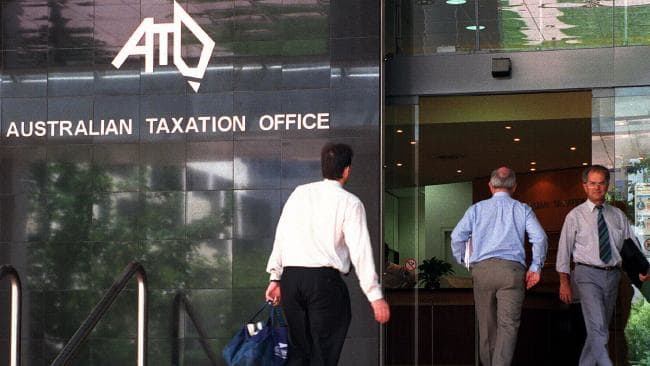



Article by: Hari Yellina
The Australian Taxation Office has requested further input from accountants and financial advisors in response to an increase in queries and concerns about upcoming changes to the way family trust revenues may be taxed. Changes in the tax office’s recommendations could mean a closer look at how some farm family trusts allocate income to young adult members as part of tax-saving schemes for their parents. The ATO is particularly concerned about circumstances in which minors over the age of 18, whose salaries may be low or below the tax threshold, are “technically” receivers of trust payments, but the majority of the money is returned to their parents. The assumption is that the parents, or another entity, or another trust, is collecting distributions that should have gone to the younger members of the trust.
Situations when adult children send their trust profits after tax back to their parents in the form of reimbursements for past school fees paid by mother and dad are likely to be scrutinised. As part of the ATO’s explanation of Section 100a of the Income Tax Assessment Act, a variety of additional unofficial arrangements or understandings in which trust members pass the after-tax benefit to others will be investigated. Even though the ATO says its examination began partially in response to tax planners requesting greater clarification, the latest draught guidelines alarmed some trust operators and their accountants.
Some advisors were now concerned that they would face legal action as a result of advice given to their farming family clients as part of a permissible tax strategy. They were particularly afraid that the new guidance would result in retrospective penalties or potentially the loss of their licence. Jeremy Hirschhorn, the ATO’s acting commissioner, indicated taxpayers who relied on previous guidance released in 2014 will not be pursued for retrospective payments when challenged by Nationals Senator Susan McDonald during recent Senate estimates hearings.
Mr Hirschhorn further clarified that promoter fines would not apply to accountants or advisors who offered conventional trust payment advice and were not “selling aggressive 100a-style schemes.” “Until we release this new guidance, we will continue to follow our 2014 guidelines,” he stated. “Prudent ordinary tax planning transactions” were not intended to be captured. “Our stance is that if a trust beneficiary receives the benefit, Section 100a has no bearing… if the money goes to the children, we have no issues,” Mr Hirschhorn said. He acknowledged that many individuals concerned about the guideline update may not completely grasp the ATO’s approach, but wanted to allay “many unwarranted anxieties” once consultation with tax industry specialists was completed and fresh advice was issued.
Public feedback will now be welcomed until the end of April, due to the increased concern and volume of contributions created by the review. According to an ATO representative, the new guideline has highlighted particular arrangements previously mentioned in the ATO’s taxpayer alerts as “greater risk.” “We hope that taxpayers and advisers will heed the advice, and that we will witness behavioural improvements in the next years,” he said. The majority of family trust activities, on the other hand, were not subject to Section 100a scrutiny. Arrangements in which the controllers of a farming family trust reinvested distributions in the trust’s commercial operations are examples of such dealings. He also mentioned that “regular familial or commercial dealings” were exempt from the Section 100a regulations.
Depending on the facts, arrangements to achieve succession planning or asset protection objectives may also qualify for this exclusion. The ATO noted that certain taxpayers and advisors were now aware that trust distribution tactics employed in previous years did not match how the law applied, and that its compliance approaches would ensure that “in practise there will be minimum disruption for earlier years.” There were no intentions to increase the number of audits committed to those years.